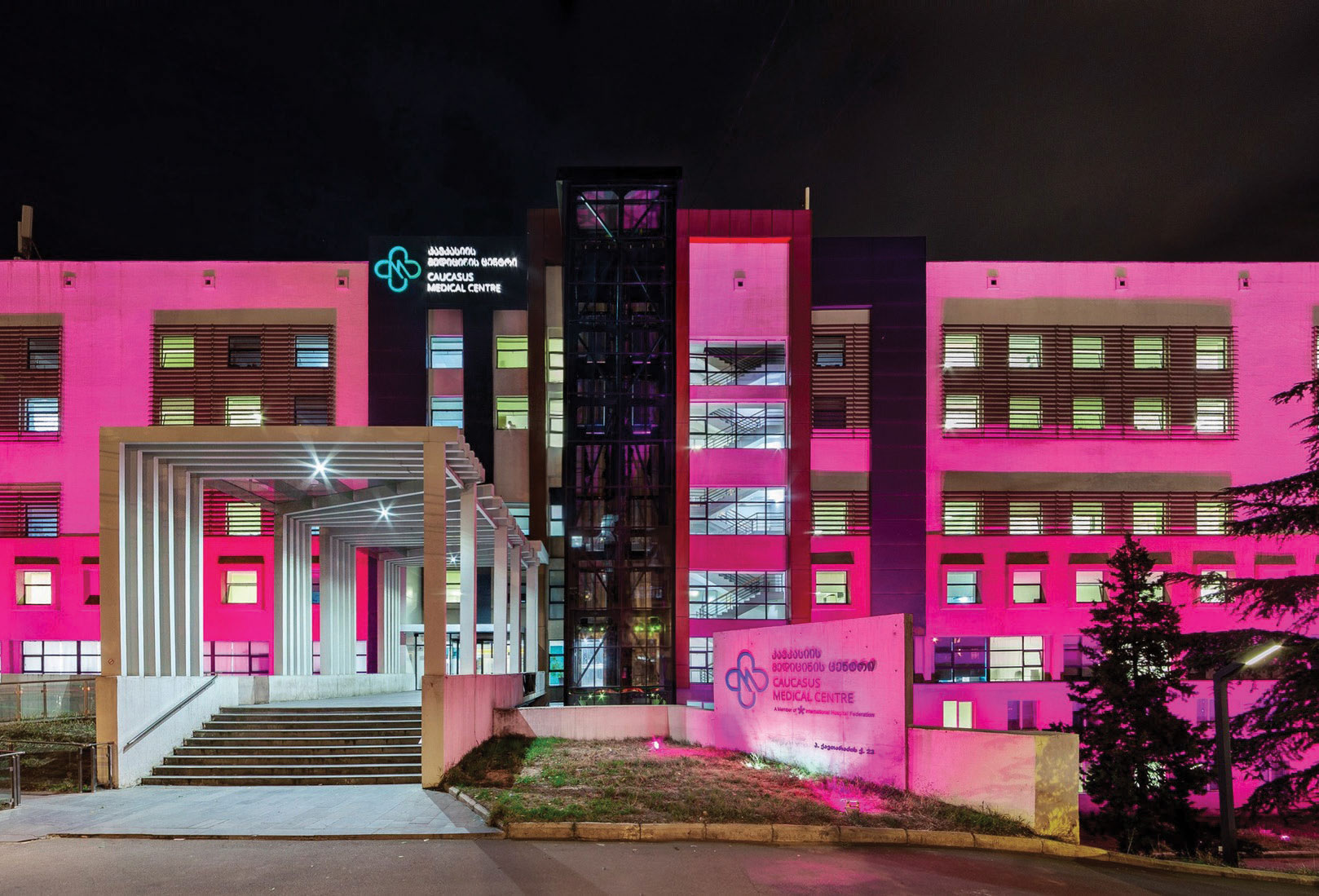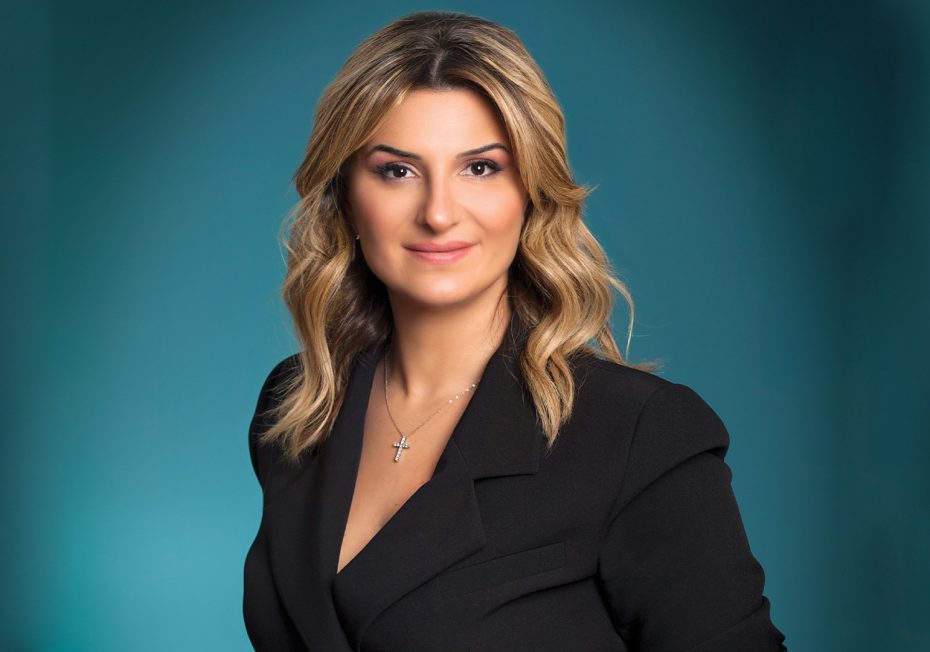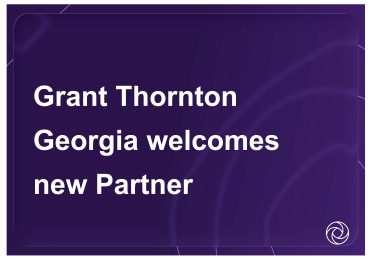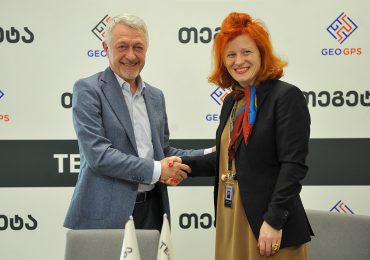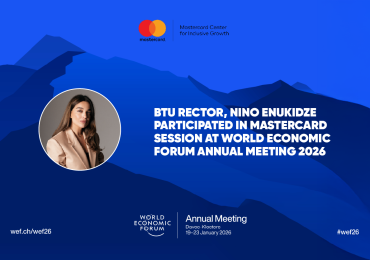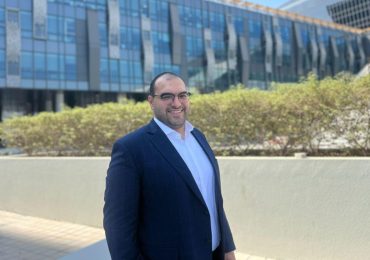Caucasus Medical Centre is celebrating its fifth anniversary. The hospital received its first patient on 5th March 2018. Today it employs 1,200 people, incorporates nearly every component of healthcare, and brings together multi-profile medical personnel with a western education. Sopio Aspanidze has been the CEO of Caucasus Medical Centre since 2022. She aims to turn the facility into the medical epicenter of the Caucasus region. With an annual growth rate of 10%, the hospital is taking firm steps towards achieving this goal.
What stage of development is Caucasus Medical Centre at today, and what are the next steps?
We are now at a stage where we are looking to promote preventative medicine. We want to inform people about possible complications in advance rather than only communicate with them during treatment. To this end, raising their awareness about healthy lifestyles, proper nutrition, exercise, and other vital issues is essential. We constantly encourage our patients to come to us for preventative care, which is important to ensure that they do not need hospital treatment in the future. However, if they still require high-quality medical care, we offer them the most advanced services in cardiac surgery, neurosurgery, ophthalmology, neurology, oncology, gynecology, traumatology, urology, surgery, therapy, and hematology. Our conceptual approach is: Your guide to healthy living!
You stated that Caucasus Medical Centre is a regional hub for medical tourism. Where do your patients come from, and which services are particularly in demand?
We had an excellent strategy in place in this regard, but medical tourism took a significant hit during the pandemic. We are now reviving these trends. By offering evidence-based medical services, we can attract foreign nationals to Georgia. We recorded a growth in patient numbers last year. Demand was exceptionally high for oncological, surgical and gynecological services. We are expecting even more activity this year. With us, people receive top-quality medical care from leading doctors with western experience. Visa-free travel also makes visiting us easier for people from neighboring countries. In addition, there is no language barrier: Our staff speak both English and Russian. Finally, our pricing policy also works to our advantage. Medical care in Georgia is generally much cheaper than in Europe.
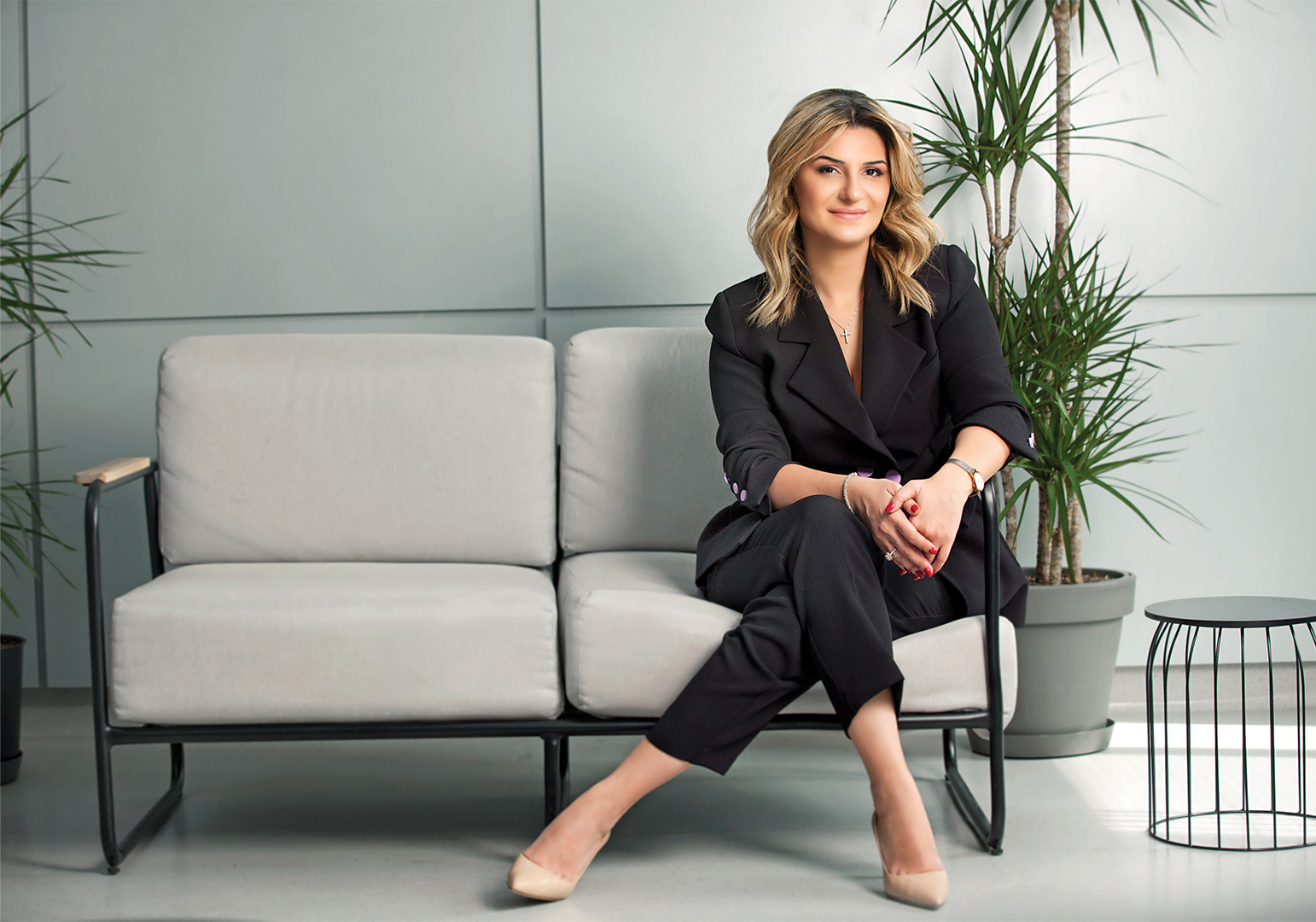
Which countries are your primary targets?
Mainly the countries of the Caucasus region and Asia, including Kazakhstan, Kyrgyzstan and other post-Soviet states.
Nevertheless, your name suggests a focus on our region.
Our size and geography make Caucasus Medical Centre an ideal destination for medical tourism. We concluded that Georgia’s best healthcare provider should bear a name that reflects our region. So, we chose Caucasus Medical Centre.
What advantages does Georgia have in the regional context regarding its medical services?
The Georgian medical industry has made much progress in recent years. This is thanks to our internationally experienced doctors. The private sector has invested heavily in medicine in the past 10-15 years, so Georgia has great potential. Access to healthcare is a priority in our country. The medical standards in Georgia have caught up with western standards. This changes public perception, and the number of people going abroad to receive medical treatment has fallen significantly.
What makes you competitive?
We have many advantages. Foremost of all, our organization is focused on constant improvement. Each one of our achievements becomes the origin of new achievements. Our principal value is caring for people and guiding them in health-related matters. This motivates our facility to create the best patient and employee experience. Another clear advantage is the intellectual resources of our specialists. We have a unique team of the country’s leading professionals. I would also add versatility and social responsibility to the list of our assets.
Which of your CSR projects would you highlight?
First, we view patients as individuals who require treatment, support, aftercare, and easy-to-use services. We created a personal relations coordination service that supports patients in all processes (obtaining funds, receiving services, and managing visits). People who work for this service become close to patients. We are also the only facility to provide a surgery management service, meaning that a patient’s family will know precisely when the surgery starts and ends. We have a dedicated waiting area where people can follow the status of their loved ones’ surgery. We devote a lot of time to communicating with them. This is not only our social responsibility but also our duty.
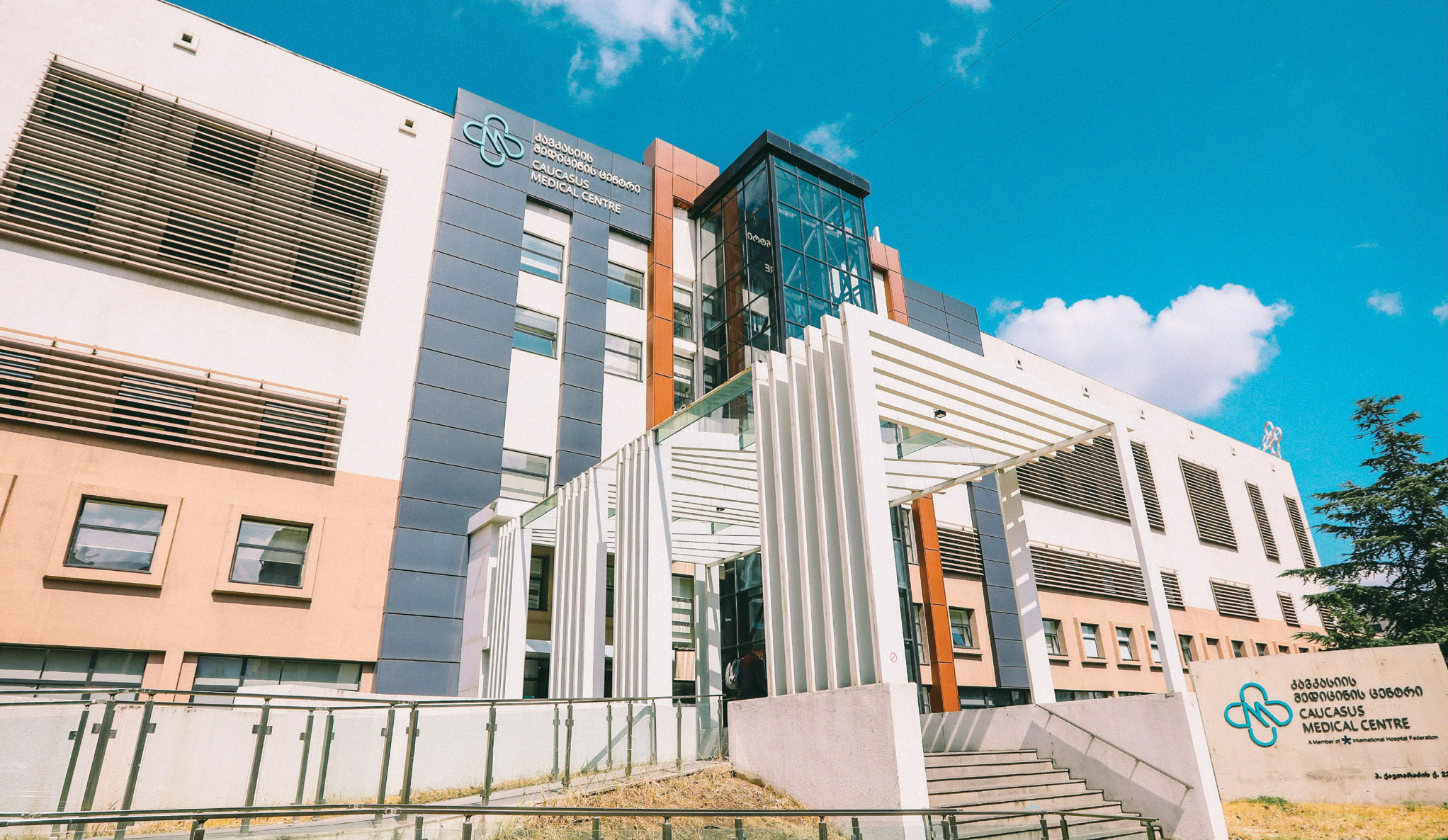
Caucasus Medical Centre is also responsible for looking after the health of leading Georgian athletes. In addition, we are the official partners of the Georgian national basketball and rugby teams.
Furthermore, we hold various public awareness events each year. For example, we joined the Pinktober breast cancer awareness campaign last year. We also actively promote blood donation and have set up a donation point. The deficit of blood donors is an issue in many countries worldwide, and we would like to play our role in mitigating this problem.
Finally, we are working on promoting the nursing profession. Our country has an acute shortage of nurses, and this profession requires support. To this end, we established a nursing support institute whose members help nurses perform their work.
Are you also affected by the shortage of nurses, and what steps have you taken to resolve this issue?
The problem does exist, but our salaries are higher than the national average. Apart from the financial incentives, it is also essential to highlight the personal factor – an environment where people enjoy working. We are proud to provide our staff with such an environment. Our focus is on their constant development and education. We have also implemented a motivational scheme that depends on patient feedback. We measure everything through the voice of our patients and use their feedback to improve our environment.
I would also like to ask you about international accreditation. From 2025, this will be a requirement for all medical facilities involved in the Universal Healthcare Programme. We are talking about standards of service, staff qualifications and infrastructure. How painful will this process be for the sector?
This is quite a complex process. We began working on obtaining international accreditation before the regulation came into effect. As we became actively involved in the process, its complexity became increasingly apparent. Nevertheless, large multiprofile hospitals can handle it with few difficulties. Ultimately, this regulation will raise the standards and increase the availability of hospital beds. Additionally, single-profile facilities currently working in one specific field could become multi-profile, which would be a logical step.
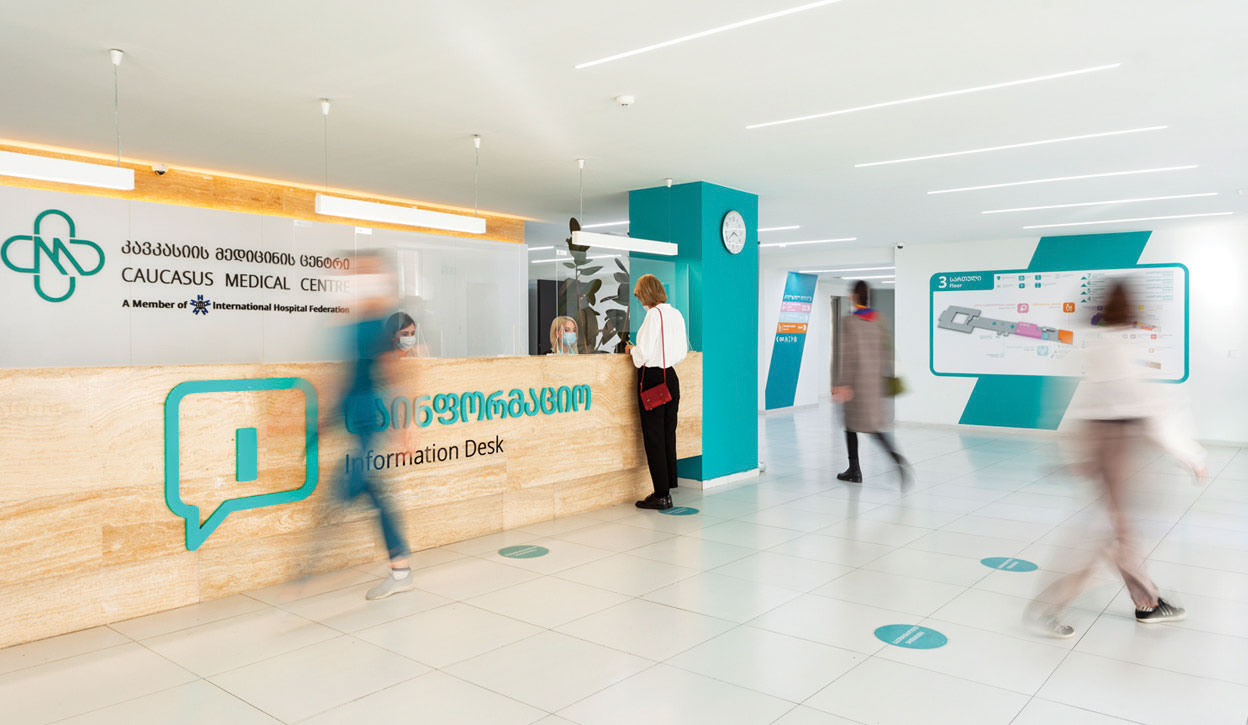
What do you think about the recent reforms in the healthcare sector? Where is the industry heading?
The development of any industry requires funding. Thus, the Universal Healthcare Programme contributes towards the development of our sector. We can compete with our European and American counterparts if the funds and revenues are appropriately allocated. We have progressive medical professionals who can take the industry forward. We simply need to support them.
Finally, let us return to the Caucasus Medical Centre. What are your plans for this year?
I always draw up plans with my team at the start of the year. We plan to develop and expand in several areas this year, including arrhythmology and otolaryngology. I am also proud to say that we plan to establish a bone marrow transplantation center, as we see patients from Georgia traveling abroad en masse to receive this service.
Our hospital will also obtain international accreditation. As I mentioned, we started this process long ago, but 2023 will be a crucial year. International accreditation will become Caucasus Medical Centre’s calling card, allowing us to develop medical tourism.
To summarize, our goal is only to move forward, and our patients are there to guide us. As the head of the hospital, my main task is to improve the environment, allowing our employees to improve themselves continuously.
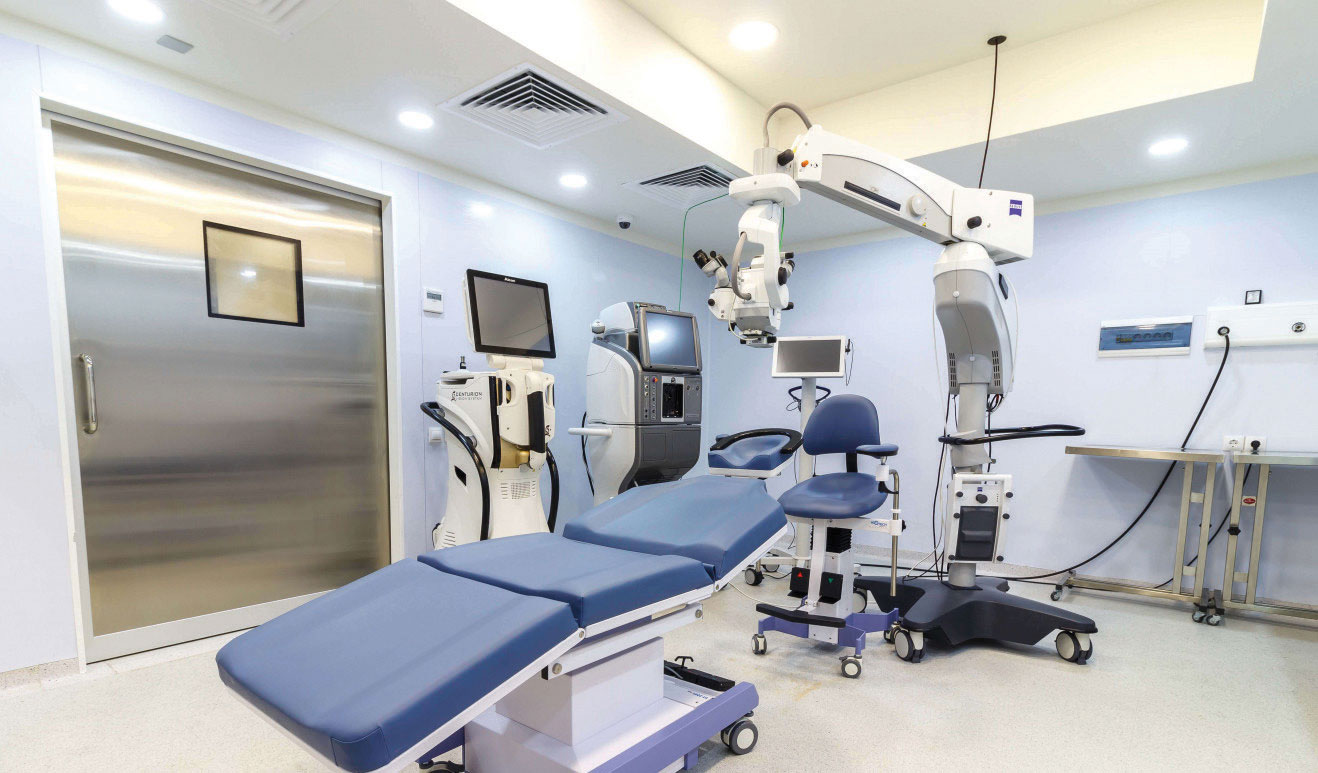
Caucasus Medical Centre currently treats around 7,000 patients per month, offering both inpatient and outpatient services. The hospital simultaneously handles several healthcare components, including prevention, diagnosis, treatment and rehabilitation. With this holistic approach, the hospital already incorporates numerous clinics, including:
- An Eyesight Centre
- A Stroke Centre
- A Cardiovascular Centre
- A Neurology / Neurosurgery Centre
- A Neurophysiology Centre
- A Hi-Tech Diagnostic Centre
- A Gastroenterology Centre
- An Endocrinology Centre
- A Nutrition and Metabolism Centre
- Women’s Health
- Women’s Health, Urology and Pediatric Centres
- An Endoscopy Service
- A Rheumatology, Traumatology and Orthopedic Centre
- A Clinical Oncology Centre
- A Centre for Oncological Screening and Preventative Medicine
- A Rehabilitation and Pain Management Centre
